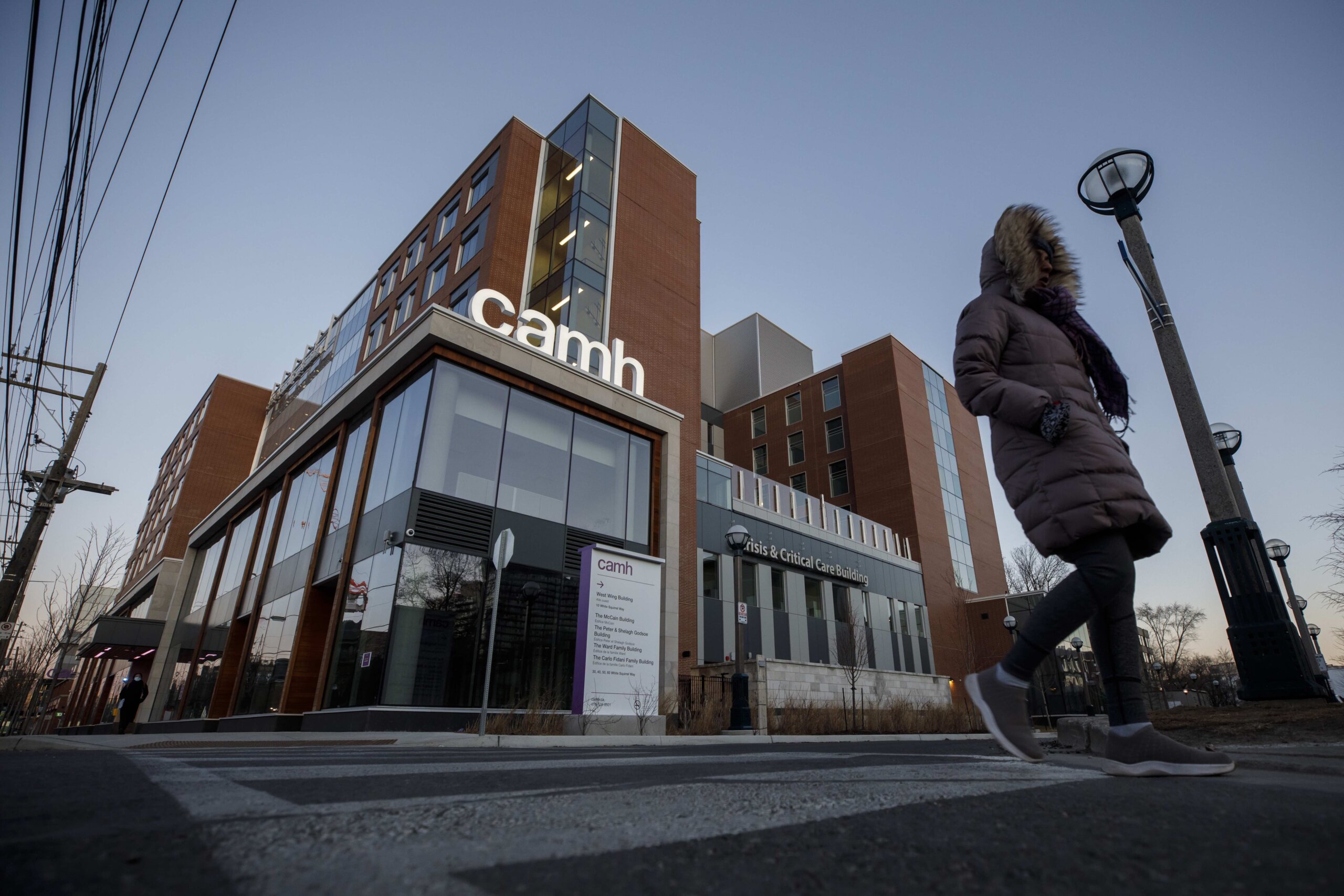The COVID-19 pandemic hit a lot of marginalized communities hard. But a new study from the Centre for Addiction and Mental Health (CAMH) examines just how hard homeless LGBTQ2S+ youth were hit—and the results are striking.
The study, “Investigating the impacts of COVID-19 among LGBTQ2S youth experiencing homelessness,” was published in the journal PLOS ONE last week and included 61 young people aged 14 to 29 who self-identify as LGBTQ2S+ and are at-risk of, or experiencing, homelessness in the Greater Toronto Area.
The study found that more than one-third of LGBTQ2S+ homeless youth in Toronto attempted suicide, and the number of LGBTQ2S+ youth living in a public space, vehicle or vacant building increased to 33 percent from 13 percent since the start of the pandemic.
In their responses, youth surveyed highlighted how bad things have gotten over the past year and a half.
“I heard from a friend, even in the graveyard, they’re pitching tents in the graveyard and they’re living there,” one study participant said. “It’s really getting out of control.”
“I’ve had nervous breakdowns, I’ve had panic attacks, I’ve had anxiety attacks, I’ve had very severe depressive episodes,” another said.
The study’s lead author, Alex Abramovich, an independent scientist with the Institute for Mental Health Policy Research at CAMH, says the results show just how dramatically the COVID-19 pandemic has affected young queer and trans people’s lives.
“It has impacted people on so many different levels,” he tells Xtra. “From where they’re living to the care that they receive to their mental health and their physical health.”
The pandemic particularly affected youth access to health care, with 74 percent of study participants reporting delayed or limited access to health care services, and 31 percent reporting that they were unable to access any kind of health care. This is because of the strain on health care systems due to COVID-19, as well as the partial or full closure of certain services over the past year. For example, unhoused youth without access to technology have a much harder time accessing virtual care over services like Zoom.
“I had a tough time finding places to go when the pandemic happened, a lot of opportunities and resources shut down for me,” one participant said.
Abramovich says that it’s important to look at the unique barriers queer and trans youth face when it comes to accessing mental health supports, health care and housing.
“There are a lot of challenges around mental health and obviously that’s not because of people’s identities, that’s because of society, stigma, discrimination and family rejection,” he says. “I’m not surprised that people’s mental health was impacted by the pandemic. But it’s always shocking.”
The survey included a relatively small sample size of Toronto-area youth, but Abramovich says its results are likely reflective of broader experiences since the start of the pandemic.
“There are very similar challenges and barriers that queer and trans folks experience trying to access health care, trying to access housing…. across North America,” he says. “Though obviously in a more remote and rural community it’s different—not everyone has the same experience as somebody living in a city like Toronto.”
Abramovich hopes the study and future research highlights the need to proactively address the issues faced by LGBTQ2S+ youth.
“It’s always like something really bad has to happen for the government or for key decision-makers to actually take action and make some changes, like they wait for tragedy,” he says. “Whereas I think that we need to start thinking about how we can prevent that tragedy from occurring in the first place.”
The study is the first of several papers Abramovich and his team plan to produce from the three surveys they conducted of LGBTQ2S+ youth in Toronto.


 Why you can trust Xtra
Why you can trust Xtra


